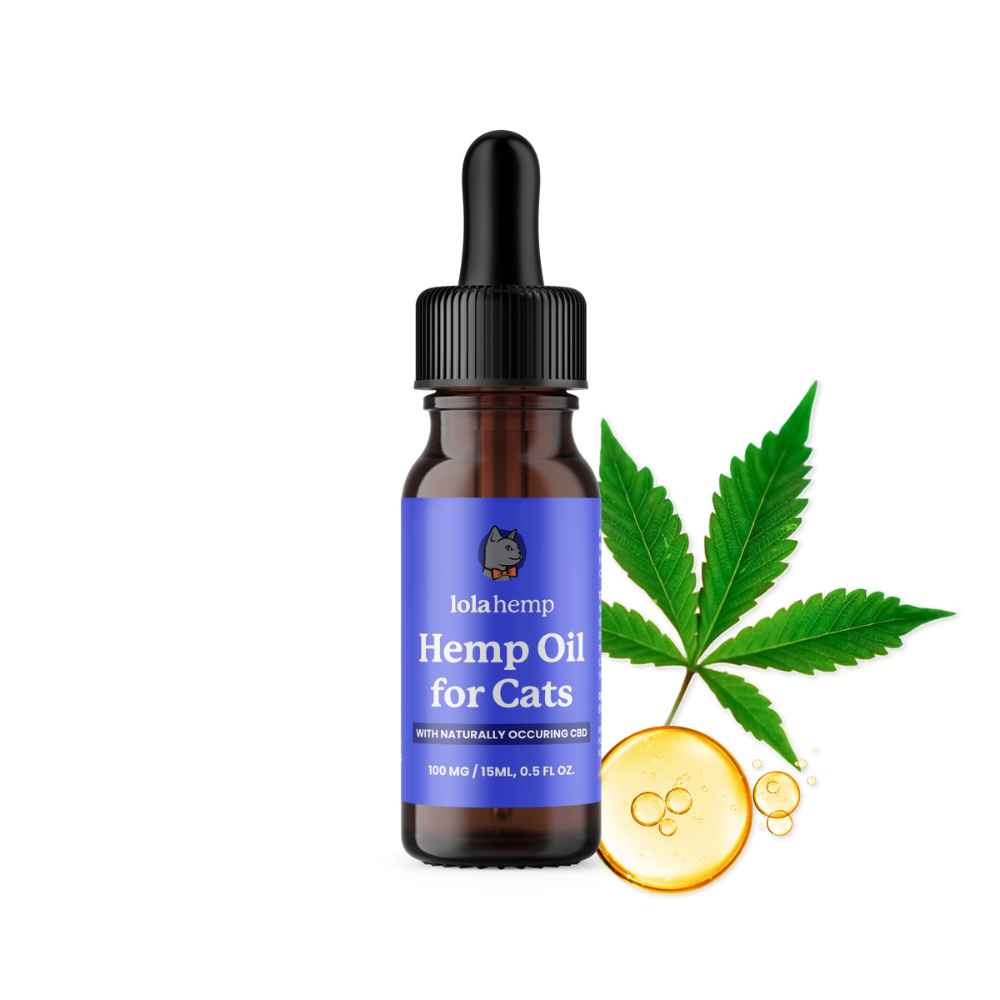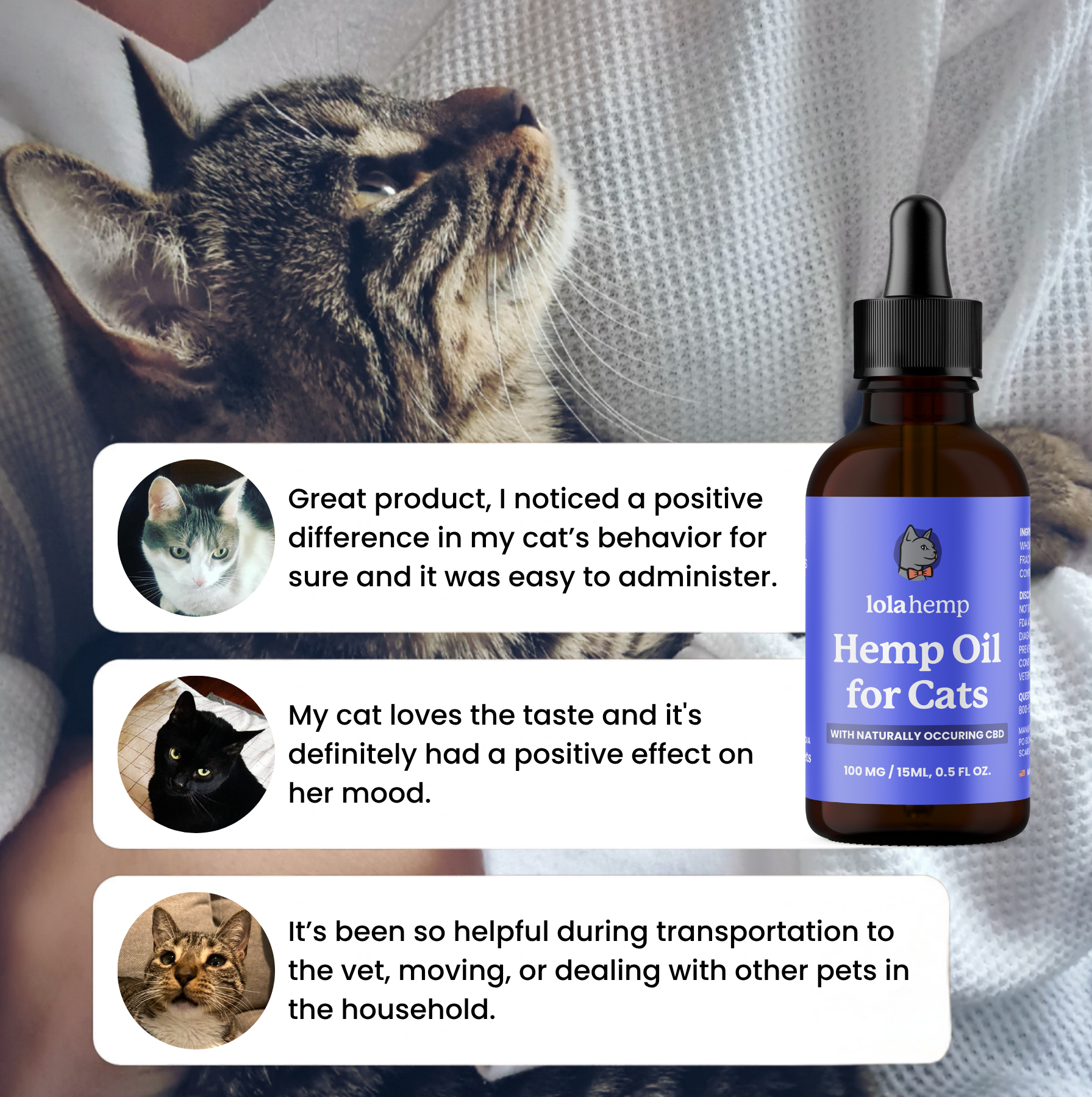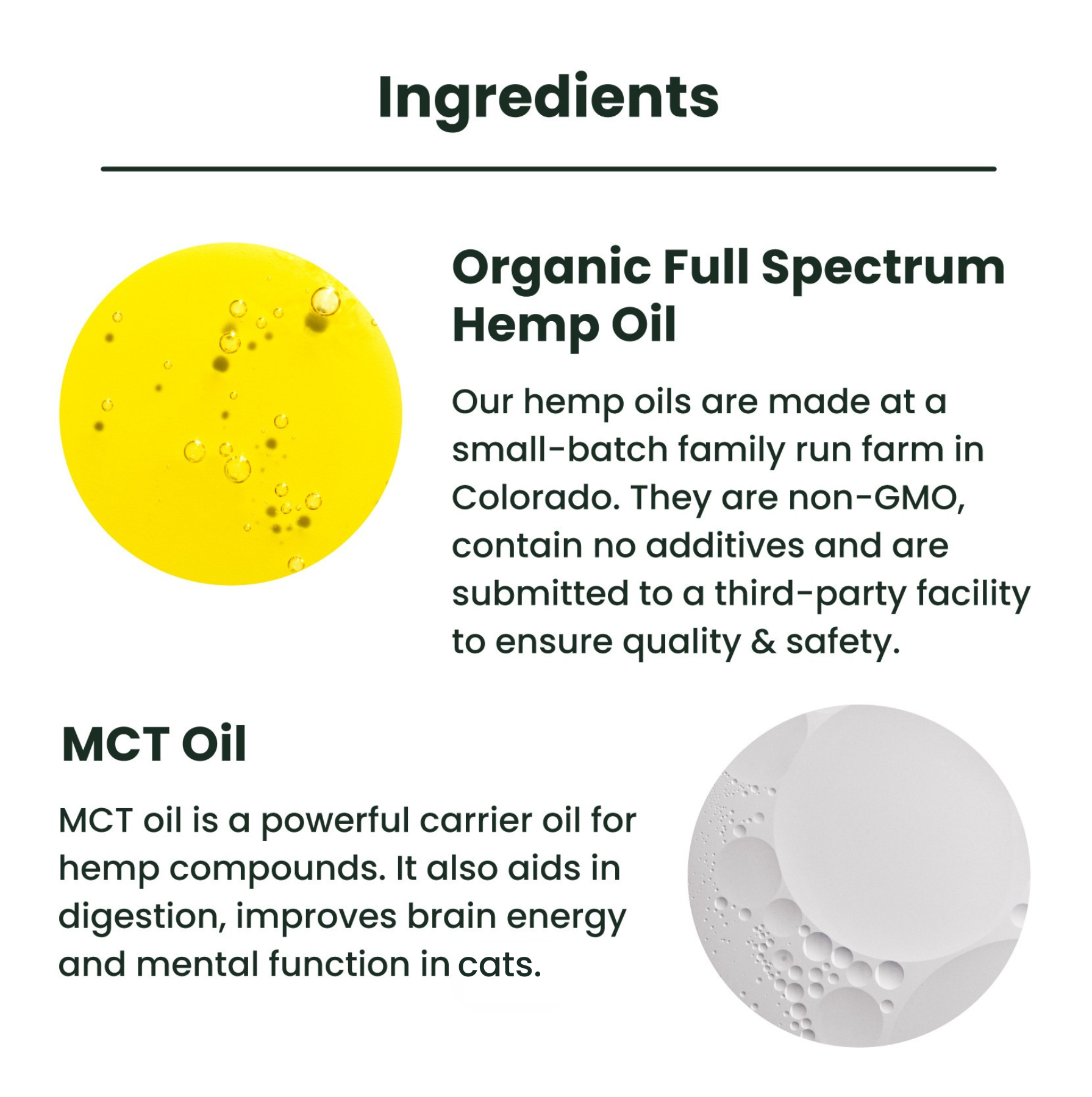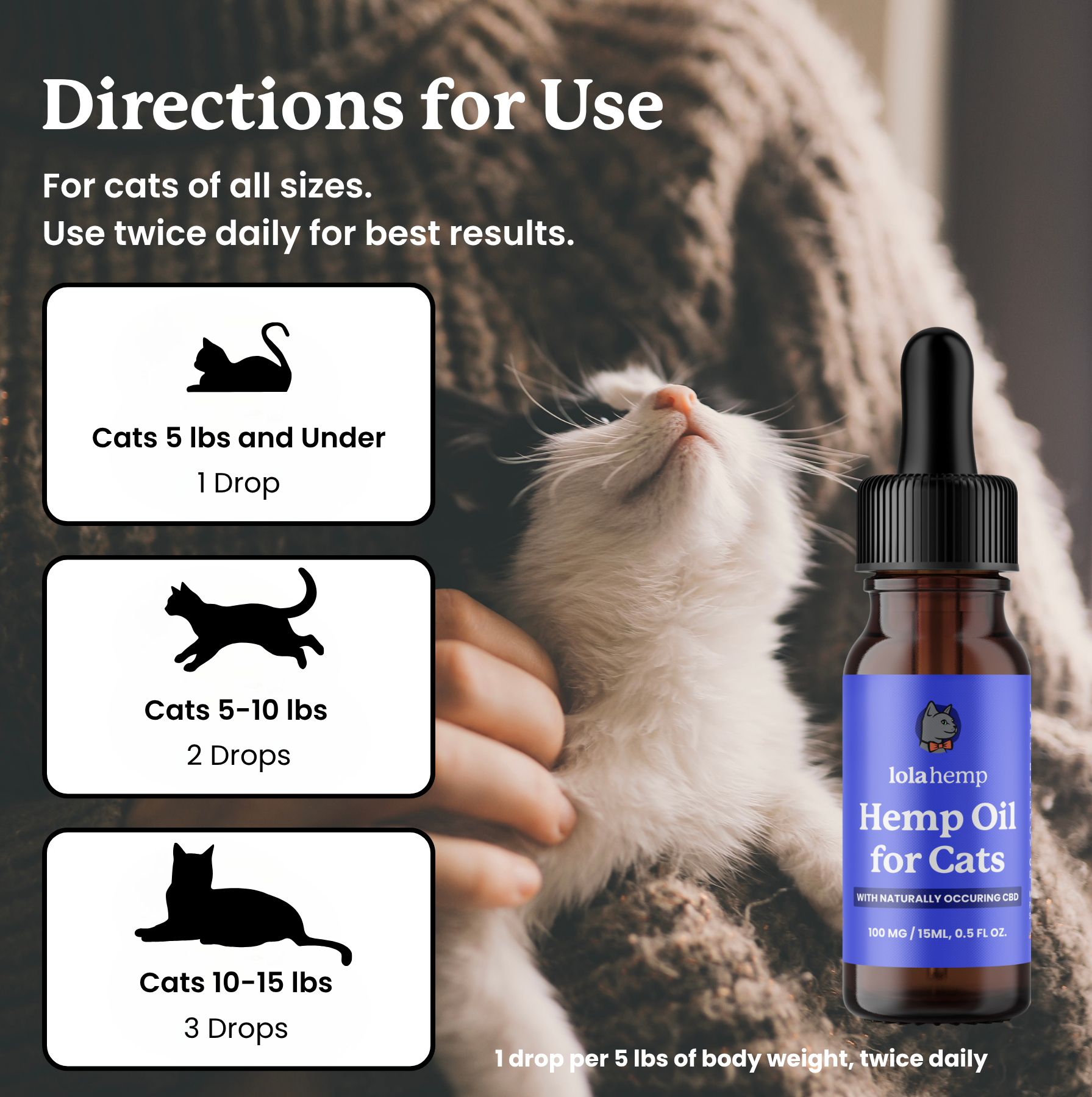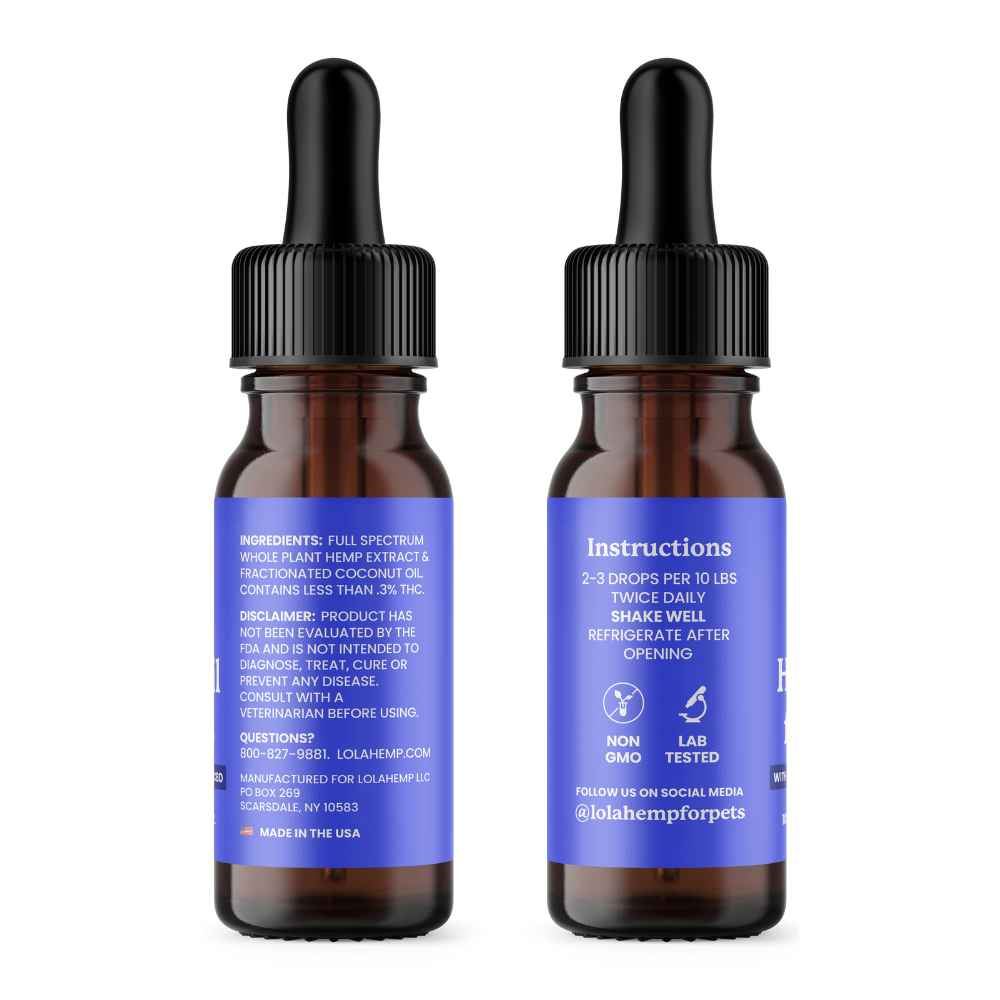Fruit is something that cats didn't evolve to eat. They don't necessarily need fruit, and supplementing your cat's diet with fruit won't automatically enrich their nutrition. In fact - fruit can actually be very dangerous to cats. If you're looking to support your cat's health with organic options, there are other natural sources that can benefit them significantly.
The fruits that are safe for cats shouldn't be used as dietary staples, and their addition to your cat's diet should be for mental enrichment rather than nutritional benefit.
Your cat's body and digestive system weren't designed to eat fruit. While your cat may enjoy a little fruit, they don't need it. Additionally, too much fruit can cause harm to your cat.
This article will explore fruits that are safe for cats to eat in moderation, and what, if anything, these fruits can do to support your cat's nutrition.
The Safest Fruits for Cats to Eat
The list below includes fruits that aren't dangerous to most cats in moderation. Any fruit, when given in excess or too often, can be dangerous to your cat's digestive system.
Little tiny bits of fruit that your cat tolerates or even enjoys can be a fun option for a treat. This is a situation where we have to turn off our "human holistic health blinders," however. Since cats are obligate carnivores, they don't need fruit. They get the nutrients found in fruit elsewhere.
1. Fresh Blueberries Can Be an Occasional Snack for Cats
Blueberries are listed as a non-toxic item for cats according to the ASPCA, and they're the top fruit for cats because they're low in sugar, small, and soft.
Blueberries are also high in water content, which is always a plus for cats as dehydration can lead to urinary tract infections and other common issues.
Blueberry Tips for Cat Owners:
- Wash blueberries thoroughly to remove pesticides.
- Start with one blueberry cut in half to reduce the choking hazard.
- Monitor your cat for 24 hours after trying it.
- Offer 1–2 blueberries once or twice per week if tolerated.
- Avoid dried or flavored blueberries, which may contain toxic additives.
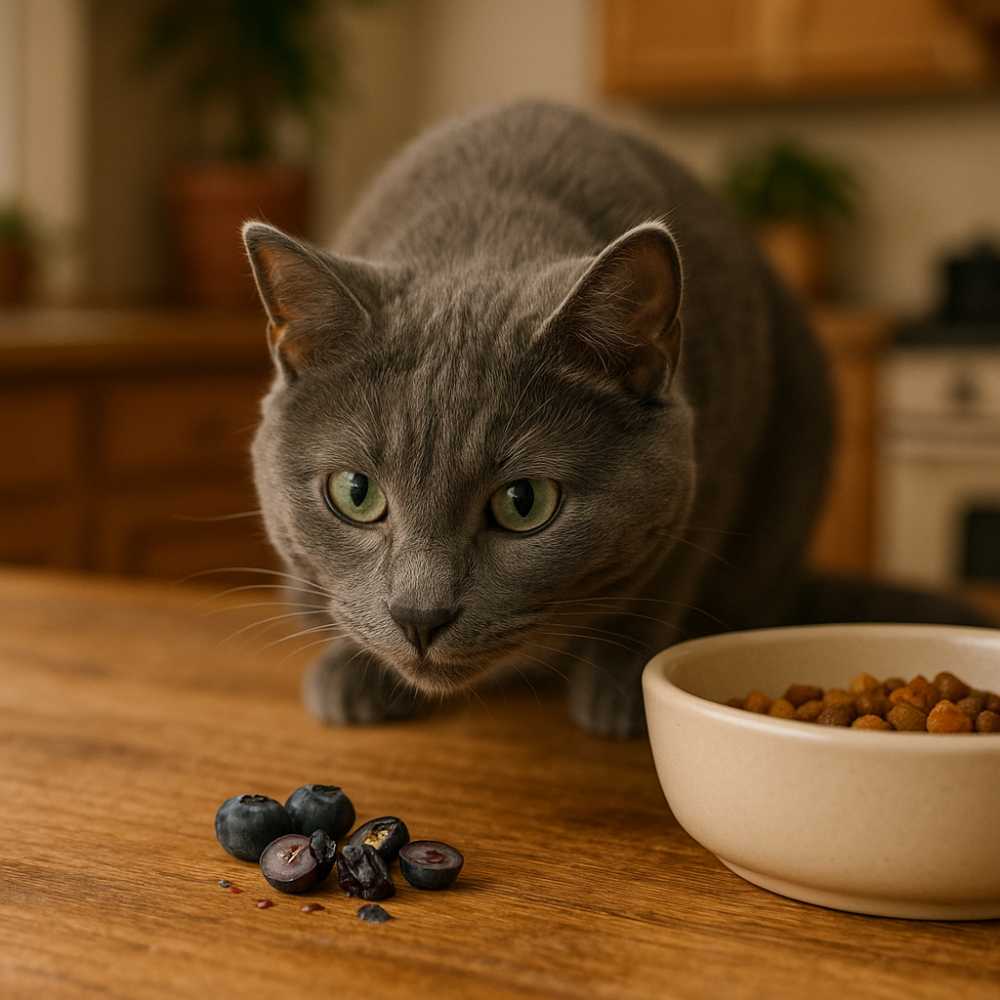
Reasons Not to Overfeed Blueberries to Cats:
- Cats can’t digest plant fibers and sugars well.
- Excessive sugar intake can cause obesity and inflammation.
- Frozen or large amounts pose choking and digestive risks.
2. Cantaloupe Can Be a Good Snack for Dehydrated Cats
Cantaloupe is considered non-toxic to cats and has very high water content. The amino acids in cantaloupe may resemble those in meats, which can intrigue cats.
Cantaloupe Tips for Cat Owners:
- Remove seeds and rind to avoid choking or digestive risks.
- Feed small kibble-sized chunks only once per week.
- Monitor for 24 hours after trying it.

Reasons to Avoid Overfeeding Cantaloupe:
- High fiber and sugar can irritate the gut.
- Too much can cause soft stool or vomiting.
- Large chunks may pose choking risks.
3. Bananas Are Non-Toxic to Cats and Pose a Low Choking Risk
Bananas are soft and non-toxic, making them easy for cats to chew. They contain potassium, but not enough to have a major nutritional effect.
Banana Tips for Cat Owners:
- Never give banana peels.
- Offer thin slices or mashed banana.
- Only one small piece (about a teaspoon) once per week.
- Do not exceed one inch of banana total.
4. Apple Flesh Is Non-Toxic, But Skins and Seeds Are Dangerous
Apple flesh can be safe in tiny, peeled pieces, but seeds and skin are toxic and can be deadly.

Apple Tips for Cat Owners:
- Always remove skin, seeds, and stem.
- Offer very small peeled chunks, no more than a teaspoon.
- Limit to once every week or two.
Apple seeds contain cyanide and are dangerous to cats, so avoid feeding apples unless recommended by your vet.
What About Other Fruits That Are Non-Toxic to Cats?
We don’t recommend offering other fruits as cat treats. Most fruits have little nutritional value for cats and may cause digestive issues or long-term health problems.
Fruits contain sugars and fibers that cats cannot digest efficiently. Regular intake can lead to inflammation, gut issues, and blood sugar imbalance.
Can You Give Cats Multiple Different Fruits Throughout the Week?
No. Giving different fruits during the week can be just as harmful as overfeeding one fruit. The sugar and fiber content still builds up and may lead to health issues.
Conclusion: Which Fruits Are Safe for Cats?
A few fruits—like blueberries, cantaloupe, bananas, and apple flesh—can be given in tiny amounts once per week. Cats don’t need fruit, and most benefit more from meat-based treats.
If your cat has any health issues, avoid fruit unless specifically approved by your veterinarian.
Frequently Asked Questions About Fruits and Cats
1. Can cats eat fruit safely?
Some fruits like blueberries, cantaloupe, and bananas are safe in moderation, but cats don’t need them nutritionally. Always avoid grapes, raisins, citrus, and apple seeds.
2. Why shouldn’t cats eat much fruit?
Cats can’t digest plant sugars and fibers well, which can cause stomach upset, obesity, and other health problems over time.
3. How much fruit can I give my cat?
Only a few small pieces once per week, depending on the fruit type. Fruit should never replace a cat’s regular meat-based diet.
4. What fruits are dangerous for cats?
Grapes, raisins, cherries, citrus, and apples with seeds are toxic to cats. Avoid anything sweetened or dried.
5. Is fruit good for hydration in cats?
Some fruits like cantaloupe and blueberries contain water, but cats should rely on fresh water and a balanced diet rather than fruit for hydration.

